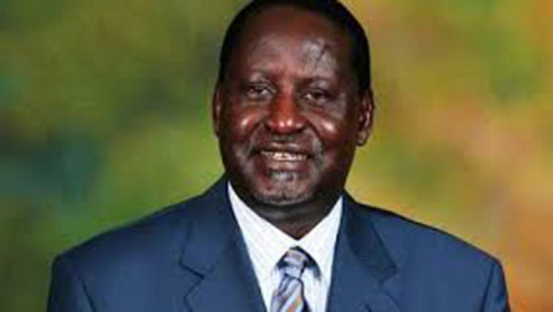
The greatest fear over Raila victory was economic. There was a morbid fear that his regime would dismantle the economic systems that have been gelling in the last 122 years, since 1895 when Kenya became a British protectorate.
In that period, economic classes have crystallised, and it seemed Raila would have spent no time dismantling them. The social economic classes are becoming so solid and distinct that they are unlikely to start melting any time; we are entering the economic ice age. The socio-economic classes reflect the excesses of capitalism.